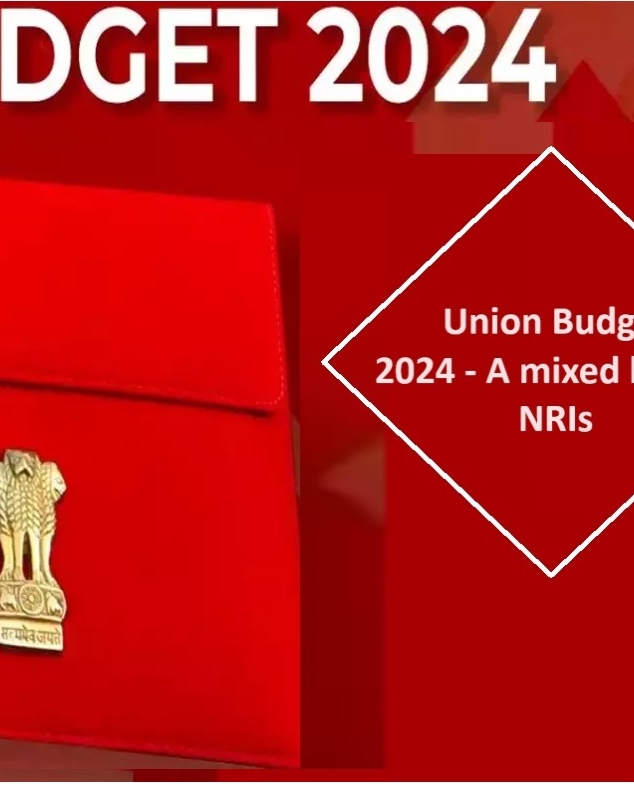Draft Green Credit Programme Rules, 2023: Decoded
Author: Jayshree Navin Chandra, Senior Partner & Nikita Chhabra, Associate at ZEUS Law
Published in https://www.asiancommunitynews.com on 26th July 2023
In a world grappling with environmental degradation and climate change, the need for sustainable solutions has become increasingly evident. As part of the global effort to address these challenges, the draft Green Credit Programme Implementation Rules, 2023 have been proposed by the Ministry of Environment, Forest and Climate Change on 26th June, 2023, exercising the powers conferred under the Environment (Protection) Act, 1986.
This groundbreaking initiative proposed to be launched aims to encourage and contribute to the ‘LiFE’- ‘Lifestyle for Environment’, a grassroot movement introduced by the Government of India to propagate the vision of healthy and sustainable way of living based on values of conservation and mindful utilization of resources. The proposed Green Credit Programme (“GCP”) is aimed at creating a market based mechanism to incentivize and encourage sectors and entities, ranging from small-scaled stakeholders to those being developed at the level of urban and rural local bodies, private sectors, industries and organisations etc. to meet their existing obligations arising from various legal frameworks by undertaking environment positive actions which are able to converge with activities relevant for generating or buying green credits. The green credits issued can be further traded with stakeholders unable to adhere to or achieve the emission targets set by the government.
Under GCP, the Government of India proposes to set up a domestic voluntary market mechanism with a platform where the stakeholders could buy and sell the green credits amongst themselves. Implementation mechanism of GCP follows a phased approach, in the initial phase for designing and piloting the GCP, two or three activities from each sector such as tree plantation, water conservation, sustainable agriculture, waste management, air pollution, mangrove conservation and restoration, ecomark labeling, sustainable building and infrastructure will be identified with more activities to be added in subsequent phases. Thresholds and benchmarks will be mentioned for each environment positive action for issuance of green credits which would also be aligned to the obligations under other laws.
The governance of GCP is proposed to vest with the Steering Committee comprising of representatives from the concerned ministries or departments, domain experts, industry associations and other relevant stakeholders. The Steering Committee will have the power primarily to grant approvals, make recommendations to the Central Government, and review and monitor the implementation of GCP.
Indian Council of Forestry Research and Education shall act as the Administrator of GCP and will be responsible for the implementation including the management, monitoring, and operation of GCP. The Administrator will also be responsible for establishing and maintaining a Green Credit Registry in form of a standardized electronic database containing, inter-alia, common data elements relevant to the issuance, holding, transfer and acquisition of the green credits. The Green Credit Registry shall be responsible for registering an entity, ensuring the accounting of issuance, maintaining records of all transactions, complying with the directions of Steering Committee etc.
For incentivizing sustainable development and environment protection China has undertaken similar initiatives under the Green Credit Guidelines, which encourage banks to provide green credits to support economy to grow in a low-carbon, environment friendly model by assessing environment and social risks. Green credits are available to clients who intend to reduce pollution emission and promote energy efficiency. Stakeholders undertaking environment sustainable practices can also generate funds through green bonds, green loans, green IPO etc. USA, Iceland, Norway and Liechtenstein, Korea and several other countries have adopted emission trading as an approach for protecting the environment and reducing pollution. Emission trading programs comprise of two components, firstly a cap (limit) on pollution and secondly, tradable allowances which can be exchanged in the market.
For GCP to be successful, concerns such as greenwashing (wherein companies falsely market their green credentials for example, making misleading statements about the environment benefits of its services or products), difficulty in establishing the parity between different environment positive actions, retiring of green credits and its accounting, ensuring sustenance of environment friendly activities against which green credits are granted, reporting, verification, monitoring and other challenges need to be addressed. Transparency and clarity in the functioning of the green credit trading market also need to be maintained.
The GCP once notified will be a significant step towards promoting environmental conservation and sustainability through recognizing and incentivizing not only the private sector actions but also, individual and community efforts and could be one of the major accelerators for India’s aim to become net zero by the year 2070.
(This Article is solely for information purposes, does not constitute legal or professional advisory and should not be relied upon or used as a substitute for legal advice from attorney.)
About the Authors: Jayshree Navin Chandra, Senior Partner at ZEUS Law, has been a practicing lawyer since 2001 with extensive corporate and transactional advisory experience. She advises and represents clients ranging from Fortune 500 companies to start-ups as well as Central and State Government departments and public bodies in a wide range of domestic and cross border transactions, across industries in practice areas including Corporate and Company Law, M&A and Joint Venture, Private Equity, FDI & FII, Real Estate and Infrastructure, Data privacy and protection, Intellectual Property & Commercial Law Advisory.
Ms. Nikita Chhabra is an Associate at ZEUS Law and works in the Corporate and Commercial practice vertical.
ZEUS Law Associates is an ISO certified full service corporate commercial law firm with a team of dedicated and experienced lawyers well versed in handling domestic and cross border transactions across sectors, jurisdictions and regulatory landscapes. The firm’s practice areas include Corporate and Company Law, M&A and Joint Venture, Private Equity, FDI & FII, Real Estate and Infrastructure, Intellectual Property & Commercial Law, Litigation, Alternate Dispute Resolution, Indirect Tax and NRI Services.























